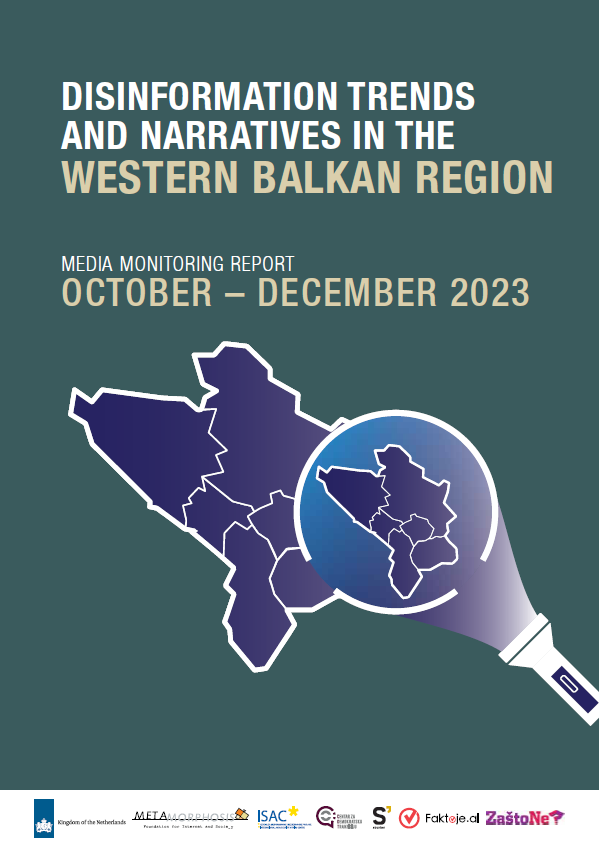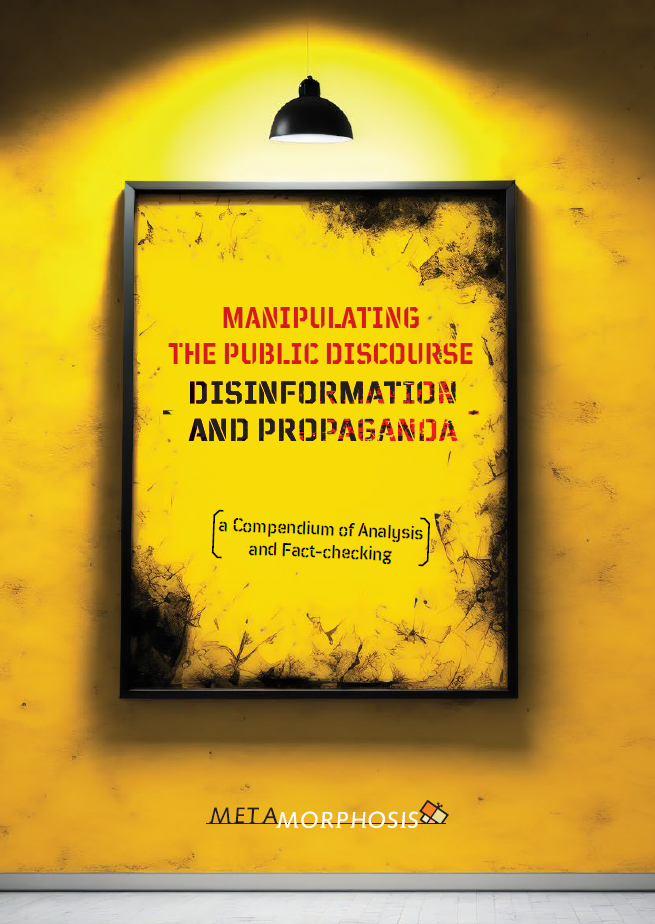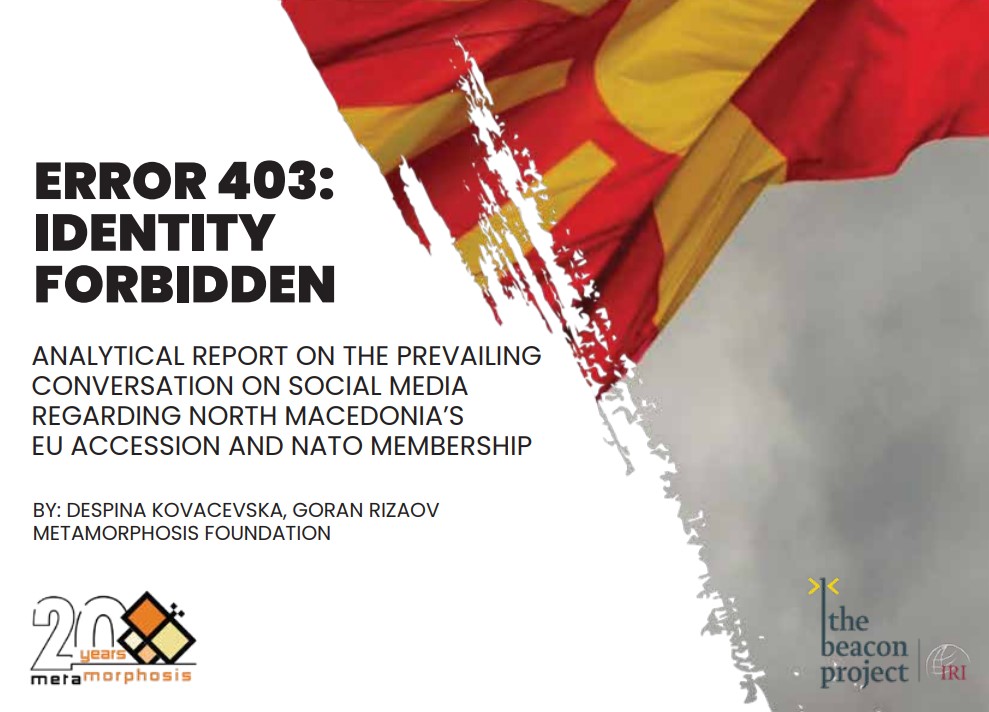How to reach the ideals of generations of idealists, people from all over the world, who have fought or are still fighting for freedom of speech, freedom of expression, freedom of receiving and giving information via free internet space or traditional media?
How free access to information and court punishments for insult and defamation, and other laws too, will not be a threat to freedom of speech and concurrently serve as a dam for the abuse of freedom of speech and media and a necessary level of protection of each person, including public figures too?
Were the country’s media outlets reformed following the total media darkness and stage called “state capture”, especially after 2011 until the middle of 2016?
How to get free and powerful media outlets – true bearers of the fourth estate in the country?
Following the extensive analysis of the situations, based on strict methodological rules, and talks with experts, the recommendations below have arisen::
- All-embracing media policy that would contain strategy on development of the media sector under conditions of traditional and digital media convergence and would provide a fair approach to resources with the aim to provide media pluralism and protection from dangers of abuse of freedom;
- Political will so the state won’t bring media outlets under its control and misuse them for its own propaganda purposes;
- Political will to subsidize (not monetarily) the media considered affected by the economic conditions on the market or media covering topics regarding the local self-government, vulnerable categories, minorities without expecting to return the favor in terms of self-censorship, etc.;
- Ban on advertising in commercial media on the part of the central and local power as well as the state and public enterprises;
- Clear laws according to which the state shall regulate only what needs regulation while ensuring balance between the need for regulation and violations of and punishments for media outlets that have failed to implement the basic law;
- Strong public service that will perform the basic role of informing and educating in a highly professional manner and that will exercise independence from centers of power in the executive, legislative or judicial branches of power;
- Inspiring self-regulation both in the traditional and contemporary, digital media;
- Guaranteeing journalists’ safety, not allowing impunity as regards attacks on journalists as well as implementing laws that shall guarantee social safety in media they work at;
- Improving the legislative and practical measures for even greater transparency regarding media ownership;
- Even stricter rules for prohibition of media monopolies;
- Bearers of power, elected or appointed officials to refrain from lawsuit threats to journalists and media if they happen to be dissatisfied with the media reporting;
- Further improvement of the punitive chapter of the Law on Civil Liability for Insult and Defamation, so the law won’t be perceived as a form of pressure/the sword of Damocles hanging above the heads of media and journalists;
- Extending the list of public information holders, shortening the response deadline as well as increasing the efficiency of ruling on appeals in second instance if the journalist/media outlet doesn’t receive the requested information;
This is the fourth research out of five planned within the Western Balkans and the EU Accession process: Application of Political Criteria regional project, implemented by the Center for Democratic Transition from Podgorica, Montenegro. The last paper that will be carried out by the Metamorphosis Foundation will cover the public administration reform.
The project is supported by the Embassy of the Kingdom of Norway in Belgrade and the Balkan Trust for Democracy, a project of the German Marshal Fund of the USA.
The research can be viewed or downloaded using the links below.




























